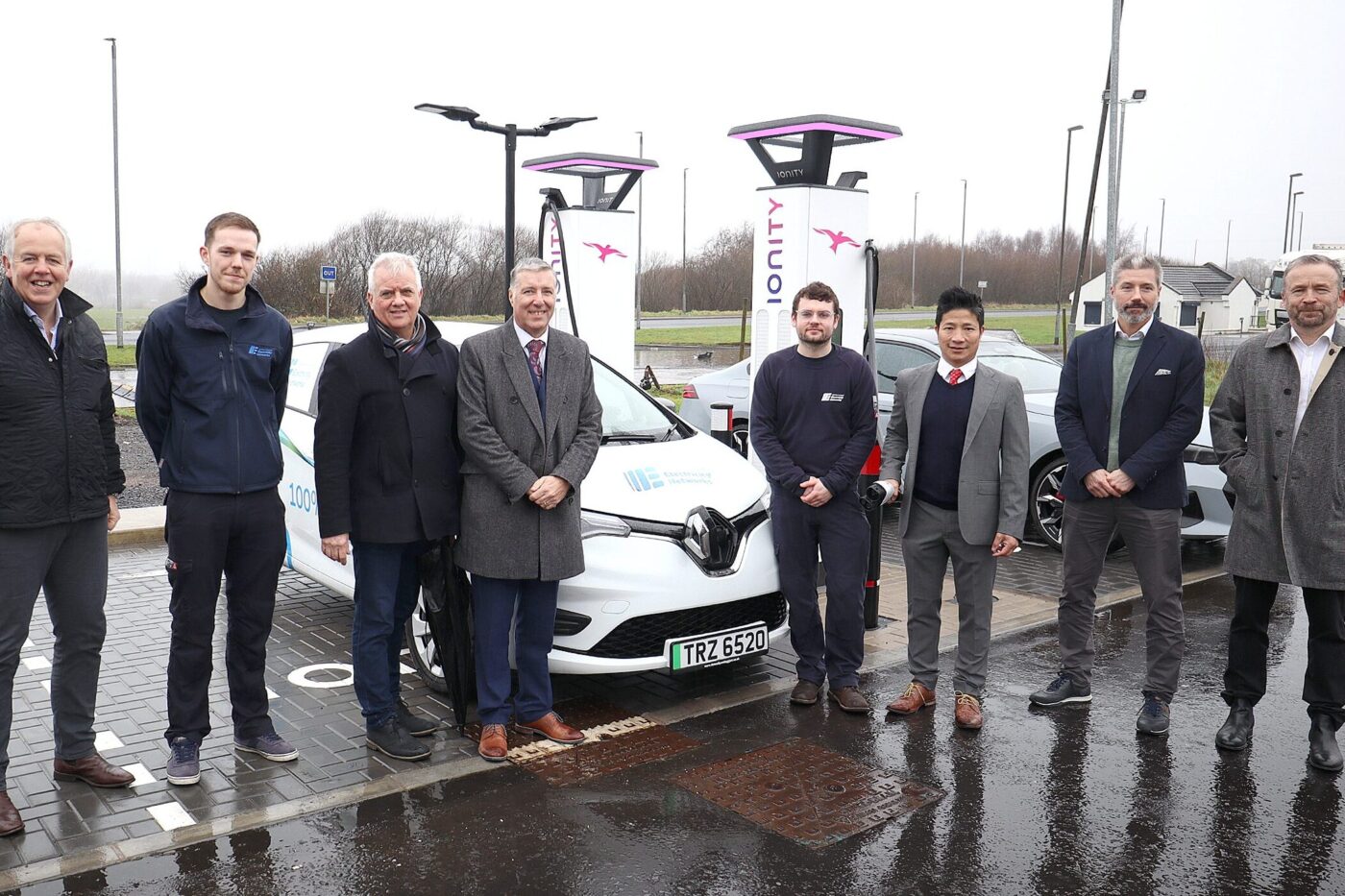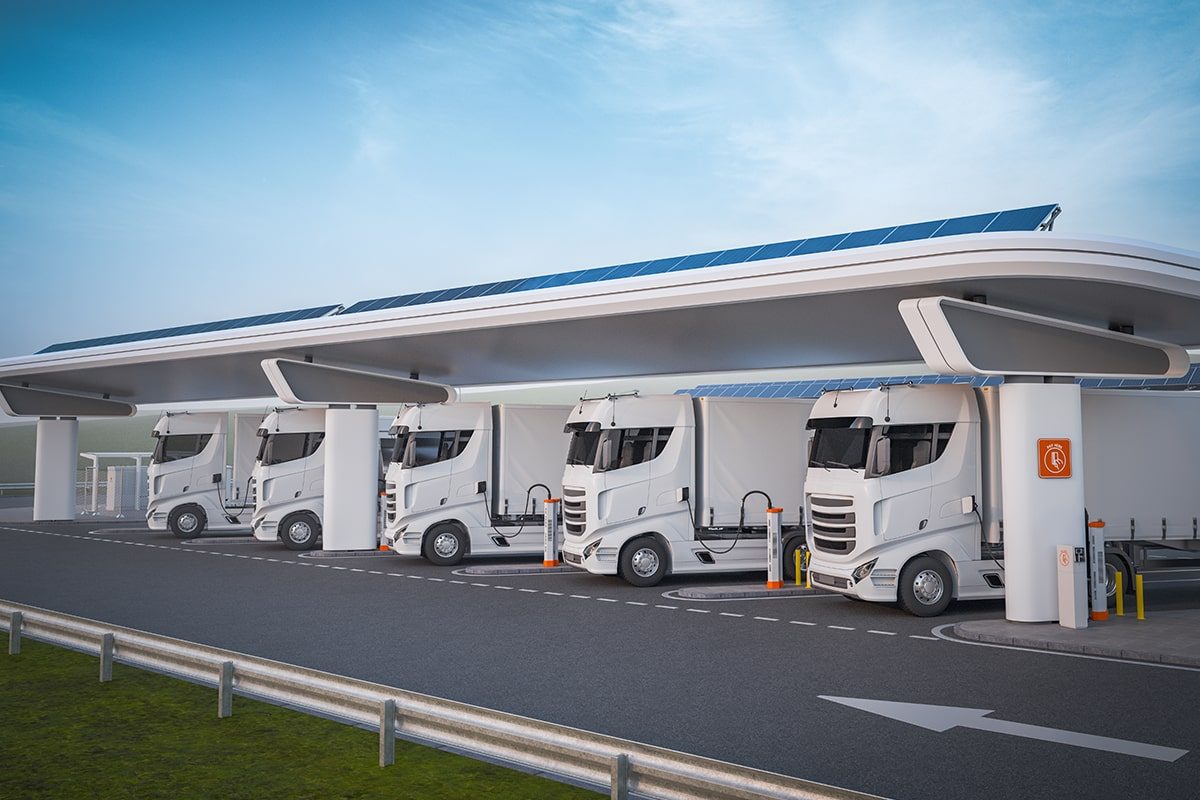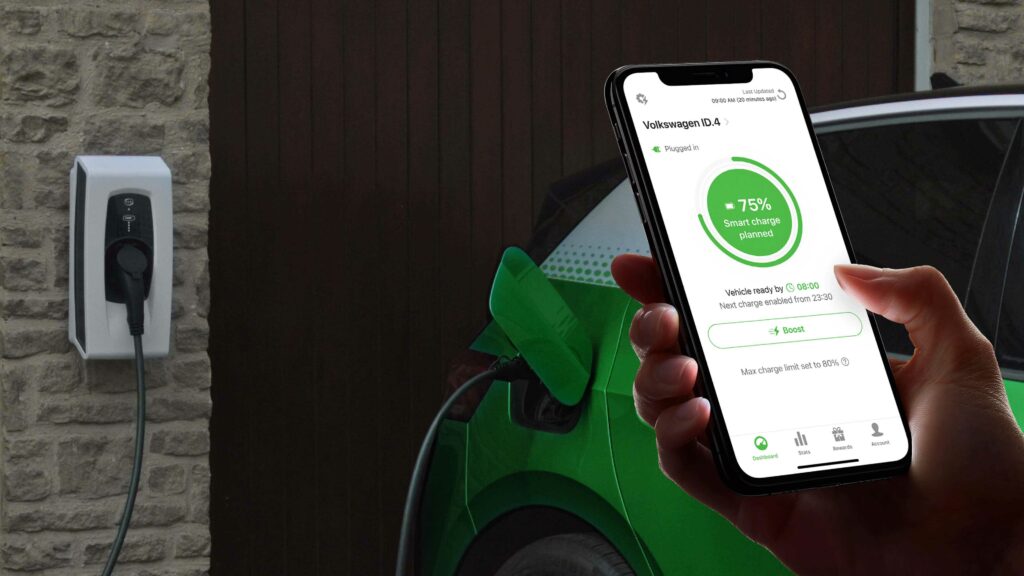Massachusetts has allocated $50 million for charging infrastructure across the state, aiming to enhance access to charging stations, promote the electrification of state fleets, and manage the impact of EV charging on the grid.
Funded by the American Rescue Plan Act (ARPA), $12.5 million will be used for public “pole-mounted and streetlight chargers” near multi-unit dwelling neighborhoods. Additionally, a technical consultant will offer guidance to municipalities for future implementation of such chargers.
See also: XCharge North America to Build EV Charging Superhub at Watters Creek Village
Another $9.5 million is designated for chargers for medium and heavy-duty electric vehicles, focusing on mobile charging solutions to help fleet operators avoid delays and overbuilding through temporary mobile charging solutions.
Massachusetts will also invest $8 million each in charging stations for ridesharing fleets and vehicle-to-everything (V2X) research and demonstration projects.
An additional $9.5 million will be spent on charging infrastructure at 60 or more high-priority sites at state facilities. These sites will receive an average of four charging spots and four “ready-make spots,” allowing for easy doubling of the number of charging stations. Furthermore, $1.5 million will be used to install EV charging for other state vehicles at approximately 60 sites.
See also: IONNA Receives Regulatory Approval to Launch EV Charging Network in North America
$604,000 will go towards testing equipment and hiring staff to conduct inspections of public charging stations to ensure they remain in working order and adhere to common standards. The remaining $396,000 will fund the Electric Vehicle Infrastructure Coordinating Council (EVICC) through the end of 2026 to help assess the current state of EV charging infrastructure.
Transportation Secretary and CEO Monica Tibbits-Nutt emphasized that this funding will have a significant impact on residents’ lives across the state, offering better choices that are environmentally friendly and supportive of efforts to respond to climate change.







